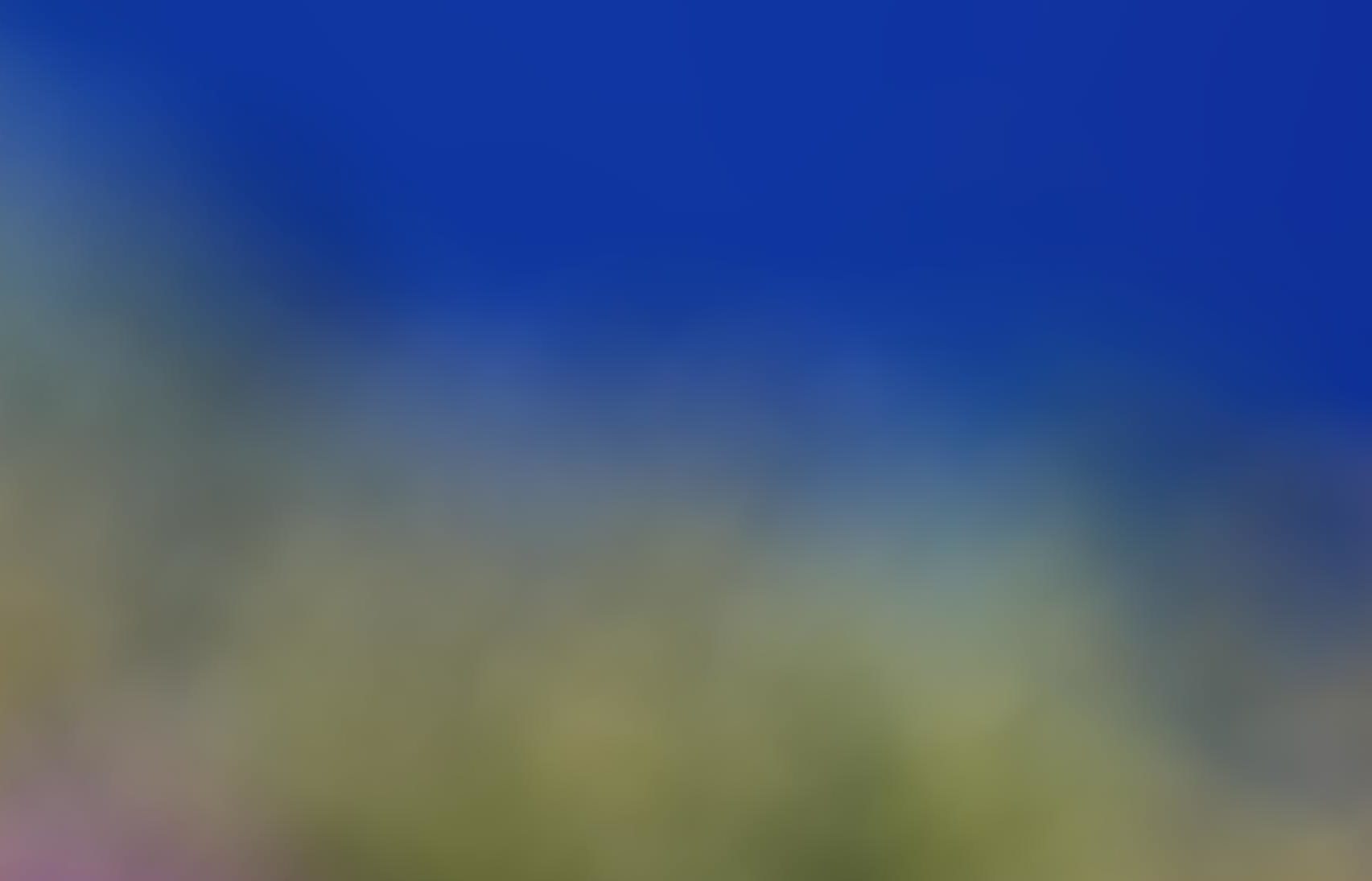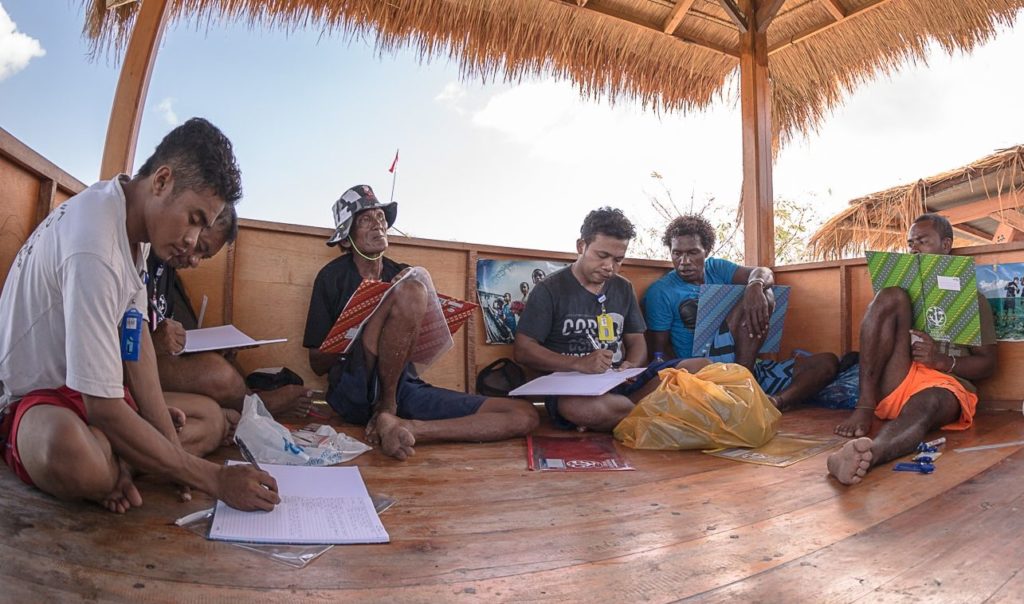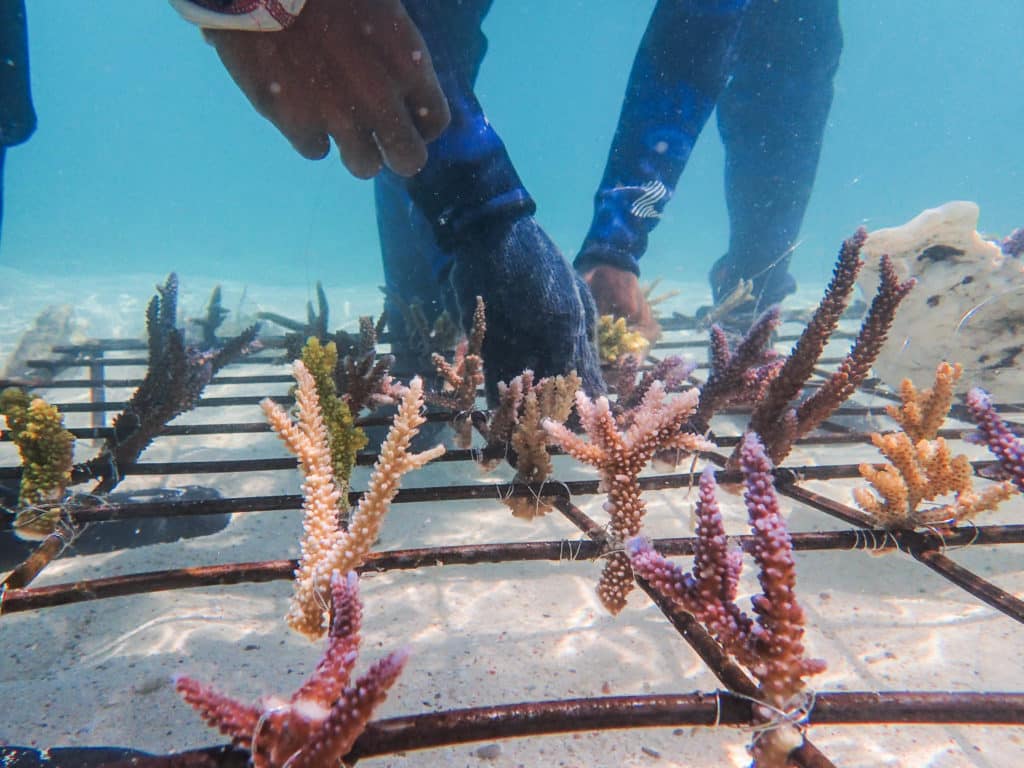

A training program dedicated to any project leader wishing
to develop a coral restoration project in the world.

Anyone involved in the protection of coral ecosystems can apply to our call for projects of 2023 to become part of the Blue Center program and thereby attain advice and support from Coral Guardian. In order to submit an application, you must:
For more information on this call for projects go here!
Once the projects are selected, our NGO offers two types of support:

A training manual explains theoretical notions of marine biology and the steps to follow for the development of a local coral ecosystem conservation project.

Practical training will take place in various regional training centers. It will be led by a local expert around an already developed coral ecosystem restoration project putting theory into practice and ensuring a certain amount of field experience. At the end of the course there will be a Coral Guardian accreditation award.
 Indonesia
Indonesia
 Spain
Spain
We are running a marine conservation programme in Pulau Hatamin in collaboration with the local NGO WES on a 1.2 ha marine protected area located northwest of Flores. This area was officially declared “Area of Rehabilitation” in September 2019 by the Indonesian government.
Overfishing and dynamite fishing have affected the balance of local coral ecosystem and deregulated the entire food chain.
We are collaborating with the NGO Coral Soul on a project in the Mediterranean sea, in the region of Punta de la Mona in Spain.
The project responds to the problem of the degradation of the marine environment in Punta de la Mona, linked to an increase in pollution in the Mediterranean sea. The area has a very rich biodiversity: since the 1980s, the Punta de la Mona area has been declared a natural park. However, despite these protective measures, the area is threatened by human activities and the coral ecosystem are damaged. Our mission will involve a seabed clean-up, awareness-raising programs for locals and tourists, as well as actions to restore the coral ecosystems.
By becoming the first participatory marine conservation project involving local communities in the Mediterranean sea, this project could become a training centre for future coral conservation projects in the Mediterranean region.
 La Réunion
La Réunion
 Martinique
Martinique
Corécif is a non-profit from the island of La Réunion, founded in 2016, whose aim is to raise awareness on the environment, marine biodiversity, and particularly on coral reefs.
August 2022 – ongoing
The project Corécif is located within a Marine Educational Area at Étang Salé on the island of La Réunion, in the Indian Ocean. The aim is to use coral propagation & restoration as a tool to raise awareness of the importance of coral reefs amongst children and visitors to the area.
In order to do this, coral fragments of opportunity will be placed on metal structures using different attachment materials, to give them a firm structure for the development of their skeleton, as well as to monitor their growth and health with children and visitors.
Following an increase in water temperatures combined with a particularly low tidal episode, in 2016 the Étang Salé lagoon saw a drastic loss of coral reef cover. The village of Étang Salé was originally a fishing village with a close connection to the sea, dependent in part on a healthy reef.
However, the relationship between the children of the area and the coral reefs remains distant.
This project will allow the children of the village as well as visitors to the area to get closer to the subject of the importance of corals to the ecosystem, monitor their growth and responses to temperature changes, thus strengthening their connection and understanding of the coral ecosystem.
Our nonprofit acts on a voluntary basis to advise and support the Corécif team on the choice of materials for attaching corals to structures, as well as on methodologies for biological monitoring of corals and the creation of awareness raising tools.
Guardians of Earth and Roots of the Sea are nonprofits made up of young people from Martinique who are mobilised to protect the environment on the island of Martinique in the Caribbean. Their actions include raising awareness of the degradation of marine and coastal ecosystems, promoting the sustainable use of natural resources and cleaning up endangered ecosystems, while respecting local cultures and ways of life.
February 2021 – February 2022
The Matinik Coral Project aims to restore the reef of Sainte-Anne, in the south of Martinique in the Caribbean, through pilot actions of restoration of local coral reefs by involving local actors.
The team conducted an initial diagnostic of perceptions of the inhabitants of Sainte-Anne on the state of coral reefs, in order to better understand the problems of reef degradation as well as the potential sites for action. This information contributed to the creation of a presentation describing the coral reef restoration project in the area.
In the south of Martinique, coral reefs near the village of Sainte-Anne are among the most degraded in Martinique: a trend identified not only by government agency surveys, but also by the village’s inhabitants, who testify to the depressed state of the ecosystem on which they depend.
Local pressures such as pollution, unsustainable development of tourism activities and coral diseases threaten the livelihoods of local communities who depend on these ecosystems for the development of tourism activities, fishing, as well as for coastal protection of villages.
Our NGO advised these two nonprofits on the formulation of their restoration project and the creation of a file to present to the local authorities.